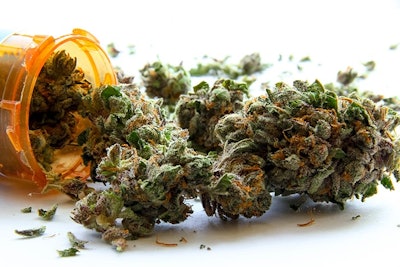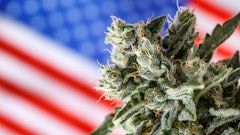
Connecticut’s Board of Physicians accepted the addition of chronic pain and Ehlers-Danlos syndrome to the state’s medical cannabis program Sept. 27.
The board also discussed adding night terrors-parasomnia to the list of qualifying conditions, although the condition was ultimately not recommended, according to a WFSB report.
Under the board’s proposed regulations, doctors would be able to recommend cannabis as treatment for chronic pain that has persisted for at least six months and is associated with a specified chronic condition, according to a Fox News report.
Prior to making its recommendations, the board heard public comment on why the conditions should be added, WFSB reported.
The new conditions await final approval by the General Assembly’s Regulations Review Committee. Connecticut’s medical cannabis program currently serves about 40,000 registered patients, according to Fox News.
























